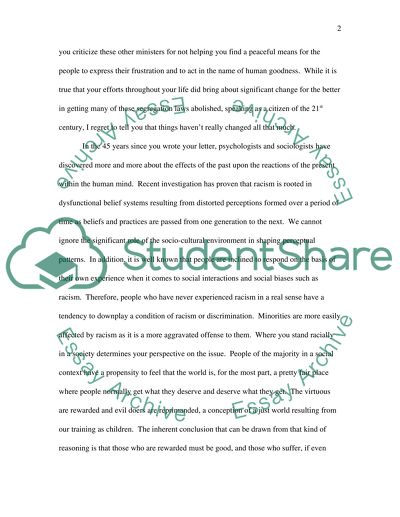Cite this document
(“Martin Luther King Essay Example | Topics and Well Written Essays - 1250 words”, n.d.)
Retrieved from https://studentshare.org/miscellaneous/1546398-martin-luther-king
Retrieved from https://studentshare.org/miscellaneous/1546398-martin-luther-king
(Martin Luther King Essay Example | Topics and Well Written Essays - 1250 Words)
https://studentshare.org/miscellaneous/1546398-martin-luther-king.
https://studentshare.org/miscellaneous/1546398-martin-luther-king.
“Martin Luther King Essay Example | Topics and Well Written Essays - 1250 Words”, n.d. https://studentshare.org/miscellaneous/1546398-martin-luther-king.


